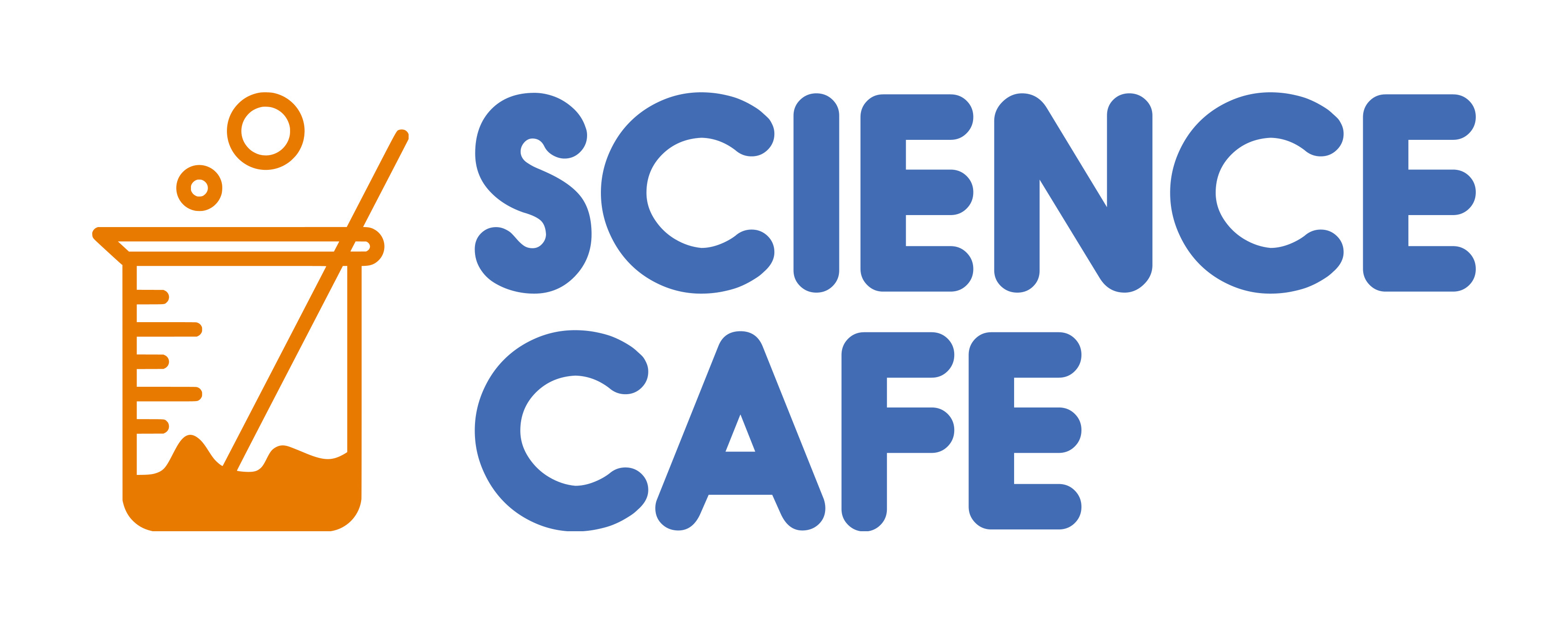Inclusive Education
10 Real-Life Ways to Boost Your Memory (That Actually Work)
Let’s be honest—forgetting things is annoying. Whether it’s where you left your keys, what you walked into the room for, or what you revised yesterday, memory can feel like it has a mind of its own.
But here’s the good news: there are loads of simple, science-backed ways to actually help your memory. And no—they don’t all involve fancy apps, expensive supplements, or doing Sudoku for hours. These are real, practical strategies that actually make a difference.
Here are 10 of my favourites.
1. Test Yourself, Don’t Just Re-Read
If there’s one thing I wish every student (and adult!) knew, it’s this: re-reading isn’t remembering. If you want something to stick, you’ve got to try to pull it out of your brain, not just keep putting it in.
That means:
Quizzing yourself
Writing out what you remember from scratch
Talking it through out loud
It feels harder—but that’s what makes it work.
2. Use a Mind Palace (Yes, Really)
This one’s fun and weirdly effective. You imagine a place you know really well—your house, your walk to school—and “place” bits of information in different locations.
When you want to remember it later, you take a mental walk through the space. It works because our brains are wired to remember places and visuals better than words on a page.
3. Sleep Is Non-Negotiable
You know that groggy, brain-fog feeling after a bad night’s sleep? It’s not in your head (well, it is—but you know what I mean).
Memory is stitched together during sleep. Deep sleep, especially. So staying up late to revise might feel productive—but it often undoes all the learning you just did.
Get some sleep. Your brain will thank you.
4. Move More
You don’t have to run marathons or lift weights to boost your memory. Just move your body regularly. Walking, dancing, stretching, mucking out the stable—all of it gets blood flowing to the brain and keeps your memory sharp.
If you’re stuck on something, go for a walk. It genuinely helps.
5. Keep Learning (Even the Random Stuff)
Learning doesn’t stop when school ends—and it shouldn’t. Picking up new skills, exploring new ideas, or even just watching a documentary keeps your brain flexible.
Try a new recipe. Learn a new route. Start a language (even if you forget most of it later). Every bit of novelty gives your brain a little workout.
6. Make It Fun (Or At Least a Bit Silly)
We remember what evokes a feeling in us. If it’s fun, emotional, dramatic—or just plain weird—it’s more likely to stick.
Make up stories. Use silly voices. Turn facts into rhymes. Add emojis or doodles to your notes. The sillier, the better. Your brain loves a bit of fun.
7. Talk to People
This one’s underrated. Explaining something to someone else forces you to organise your thoughts and retrieve the information properly.
Also? Just chatting, socialising, telling stories—it all strengthens your memory over time. (And yes, this means talking face-to-face, not just in the group chat.)
8. Put Your Phone Down
No shade—I love my phone too. But constant scrolling, switching between apps, and never letting your brain sit still? Not good for memory.
Try this: if you're learning something, leave your phone in another room. Give your brain a chance to focus without interruptions. You'll remember more—and feel calmer, too.
9. Space It Out
Don’t cram. It might feel like you’re getting loads done, but your brain doesn’t work that way. Instead, revisit the same information a few times over a few days or weeks.
It’s called spaced repetition, and it’s how long-term memory is built. It’s boringly effective.
10. Take a Breath (Literally)
Stress messes with memory. Big time. When you're overwhelmed, your brain goes into survival mode—not learning mode.
A few deep breaths, a short walk, or even just closing your eyes for a minute can reset your nervous system and make it easier to concentrate again.
Mindfulness doesn’t mean meditating on a mountain. It just means giving your brain a chance to pause.
📝 Final Thought
Your memory isn’t broken. It just needs a bit of support. A few adjustments to how you learn, rest, and live can make a significant difference.
Make it visual. Make it fun. Talk about it. Sleep on it.
And most of all—believe your brain can learn new tricks. Because it can.



